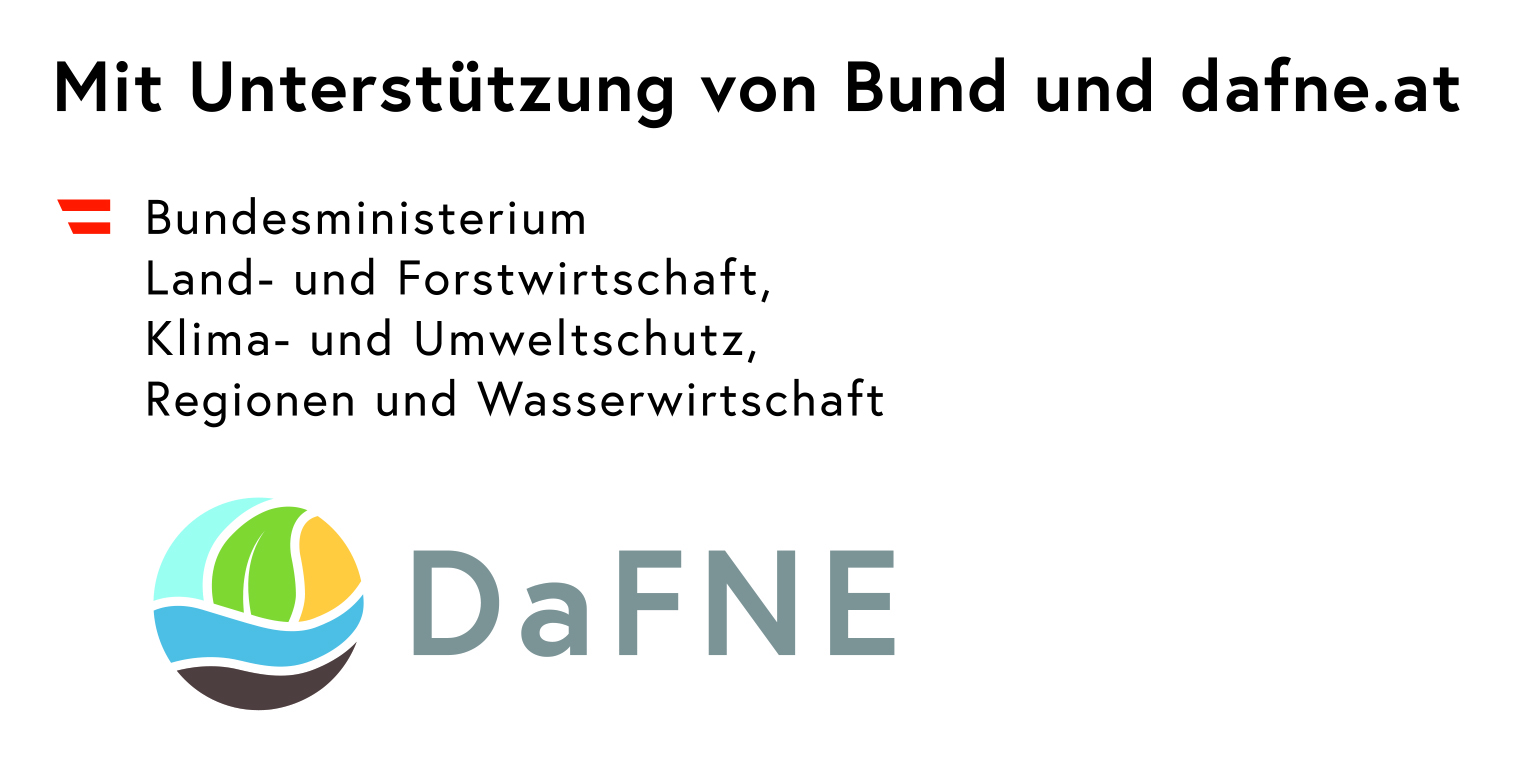Project Management: Alexandra Freudenschuss, Peter Mayer (BWF - Federal Research and Training Centre for Forests, Natural Hazards and Landscape)
The WF project ÖKO-SCHU-WA was submitted by the BWF on 8.2.2022. In a sub-project, the BAB takes over the processing of socio-scientific questions within the framework of the overall project.
Initial situation
Natural hazards are a significant cause of threats to life, quality of life and well-being. They can also have a significant negative impact on the regional economy and thus the national economy. There are good findings in Austria on the economic consequences of natural hazards and the benefits of preventive measures with regard to avalanches, torrential events and floods. This research project focuses on the importance of natural hazard prevention through protective forests. Available data indicates that the protective effect of forests has not reached the desired target state everywhere in recent decades. In many protected zones, the economic dynamics have increased significantly in some cases and thus also the vulnerability. The economic implications of this are currently not sufficiently known. A lack of knowledge can lead to inadequate action and failure to take care measures or to a lack of willingness to pay compensation.
Objective
The central aim of the project is to evaluate the economic significance of the ecosystem services provided by protection forests in Austria with regard to their impact on damage prevention and mitigation and to explore ways of maintaining, improving and expanding these effects.
To this end, it is necessary to create evidence in several work steps at different levels using the methods of various disciplines.The following sub-goals are being pursued:
WP 1 Status analysis: Quantification of the extent of the potential impact, a lack of or inadequate protective effect of forests for settlements, employment and value creation and identification of those regions that are particularly affected.
WP 2 Impact analysis value at risk: Determination of the regional and economic consequences in the event of a reduced protective effect in a scenario of inaction, i.e. allowing (further) degradation of the protective forests.
WP 3 Impact analysis of condition improvement: Identification of the regional and economic consequences if the protective effect is ensured by improving the condition of the protection forests and sustainably guaranteeing the protective effect.
WP 4 Optimal management of local public goods: Exploration and identification of the prerequisites for the optimal provision of local public goods and their relevance for the management of protection forests in Austria.
WP 5 Empirical survey: Identification of obstacles and success factors that impede or facilitate the optimal provision of protection by forests in affected regions on the basis of regional case studies in Austria.
WP 6 Conclusions: Concrete proposals for new options to optimize the use of forest policy instruments and natural hazard management measures for protection forests.
BAB will participate in work package 5 and use social science methods in four case regions in four different federal states to analyze the actors and networks in the environment of protected forests, their interests, power structures and options for action, and to identify measures that could be taken to improve the conservation status and impact of protected forests. The results will provide new information in specific spatial contexts, which will pose new challenges for those affected. Together with them, it will be explored whether and to what extent the solutions identified in the literature can lead to the optimization of the protective effect in the respective regional and socio-cultural context.
Work 2023
- Participation in project meetings and on the advisory board
- Coordination of the BAB work packages with WIFO and BFW and definition of the project objectives
- Qualitative narrative interviews with stakeholders in the four study regions: Kals (East Tyrol), Brandberg im Zillertal (North Tyrol), Mittelberg-Heuberg (Vorarlberg) and Altaussee-Loser (Styria)
Work 2024
- Transcription of the tape-recorded interviews Analysis of the interviews using the computer-assisted qualitative data and text analysis tool MaxQDA
- Evaluation and interpretation of the results
- Discussion of the results with the project cooperations and stakeholders
- Documentation, publication
Schedule
Project start: 03/2022
Project end: 12/2024

https://dafne.at/projekte/wf-projekt-oko-schu-wa-bab



